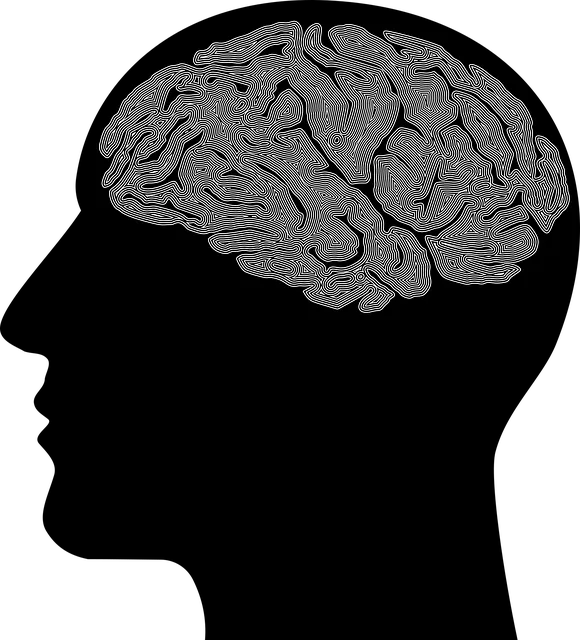The Wheat Ridge Kaiser Permanente Behavioral Health Center prioritizes patient safety through comprehensive risk assessment, addressing psychological, physical, and social factors. Staff employ structured assessments and clinical interviews to identify vulnerabilities and implement tailored interventions. Their harm minimization strategies, grounded in compassion and cultural sensitivity, create an inclusive environment. By proactively addressing potential harms and mental health concerns, the center ensures effective care for diverse patient needs, fostering healing and recovery.
At Wheat Ridge Kaiser Permanente Behavioral Health Center, risk assessment and harm minimization planning are cornerstone practices ensuring patient safety and well-being. This article delves into the nuanced process of understanding risk assessment within our unique healthcare setting, identifying potential harms and vulnerabilities, developing robust minimization strategies, and implementing monitoring systems for effective care. Through these comprehensive steps, we strive to deliver exceptional, patient-centric services at Wheat Ridge Kaiser Permanente Behavioral Health Center.
- Understanding Risk Assessment at Wheat Ridge Kaiser Permanente Behavioral Health Center
- Identifying Potential Harms and Vulnerabilities
- Developing a Comprehensive Minimization Plan
- Implementing and Monitoring the Strategy for Effective Care
Understanding Risk Assessment at Wheat Ridge Kaiser Permanente Behavioral Health Center

At Wheat Ridge Kaiser Permanente Behavioral Health Center, risk assessment is a cornerstone of comprehensive patient care. It involves a meticulous process where healthcare professionals thoroughly evaluate potential risks associated with various aspects of treatment and recovery. This includes psychological, physical, and social factors that could impact a patient’s well-being during their time at the center. By employing evidence-based methods, such as structured assessments and clinical interviews, staff members identify vulnerabilities and hazards unique to each individual, allowing for tailored interventions.
The center prioritizes harm minimization through proactive planning, ensuring that strategies are in place to mitigate identified risks effectively. This approach is deeply rooted in compassion cultivation practices and empathy building strategies, fostering an environment where patients feel heard, understood, and supported. Additionally, cultural sensitivity in mental healthcare practice plays a pivotal role in risk assessment, as it enables staff to address unique challenges faced by diverse patient populations, ultimately enhancing the center’s ability to provide inclusive and effective care at Wheat Ridge Kaiser Permanente Behavioral Health Center.
Identifying Potential Harms and Vulnerabilities

Identifying potential harms and vulnerabilities is a critical step in risk assessment for any healthcare facility, with Wheat Ridge Kaiser Permanente behavioral health center being no exception. This process involves a thorough evaluation of various aspects to ensure the well-being of both patients and staff. By meticulously scrutinizing different scenarios, the center can anticipate and mitigate risks effectively. For instance, at this behavioral health hub, professionals might focus on recognizing and addressing mental health concerns such as anxiety relief and self-esteem improvement as these are prevalent issues among individuals seeking support.
Additionally, with a dedicated focus on overall wellness, Wheat Ridge Kaiser Permanente should consider the impact of burnout prevention strategies. This proactive approach ensures that both patients and healthcare workers are shielded from potential harm, fostering an environment conducive to healing and recovery. Effective identification and management of vulnerabilities allow for the implementation of tailored harm minimization plans, ultimately enhancing the quality of care provided at this esteemed center.
Developing a Comprehensive Minimization Plan

When crafting a harm minimization plan at Wheat Ridge Kaiser Permanente behavioral health center, it’s crucial to develop a comprehensive strategy that addresses various aspects of patient well-being. This involves not only identifying potential risks but also implementing proactive measures to mitigate them. A robust plan should incorporate tailored interventions aimed at enhancing coping skills development, depression prevention, and conflict resolution techniques, ensuring patients have the tools necessary to navigate challenges effectively.
By integrating these strategies, the behavioral health center can foster a supportive environment that encourages positive outcomes. The plan should be flexible, allowing for adjustments based on individual patient needs and evolving circumstances. Regular reviews and updates are essential to ensure the effectiveness and relevance of the minimization measures, ultimately contributing to improved patient care at Wheat Ridge Kaiser Permanente.
Implementing and Monitoring the Strategy for Effective Care

Implementing a comprehensive harm minimization strategy requires a collaborative effort between healthcare professionals and the individuals they support at the Wheat Ridge Kaiser Permanente behavioral health center. The process begins with thorough risk assessment, identifying potential hazards and vulnerabilities unique to each patient’s situation. This involves evaluating various factors, such as past behaviors, mental health conditions like depression or anxiety (Mental Health Awareness), and any history of substance misuse.
Effective monitoring is key to ensuring the success of the harm minimization plan. Trained staff should regularly review and update strategies, tailoring them to the evolving needs of patients. This dynamic approach includes implementing evidence-based practices such as mood management techniques and social skills training (Social Skills Training) to empower individuals with coping mechanisms. Regular feedback from patients and healthcare providers is essential to refining these plans, fostering a safe and supportive environment at the Wheat Ridge Kaiser Permanente behavioral health center.
Risk assessment and harm minimization planning are essential components of providing safe, effective care at the Wheat Ridge Kaiser Permanente Behavioral Health Center. By understanding the risks unique to our facility, identifying potential harms and vulnerabilities among our patients, and developing a comprehensive minimization plan, we can ensure a proactive approach to patient safety. Implementation and monitoring of this strategy are crucial to continuously improve care delivery and create a secure environment for all individuals seeking treatment at our behavioral health center.






